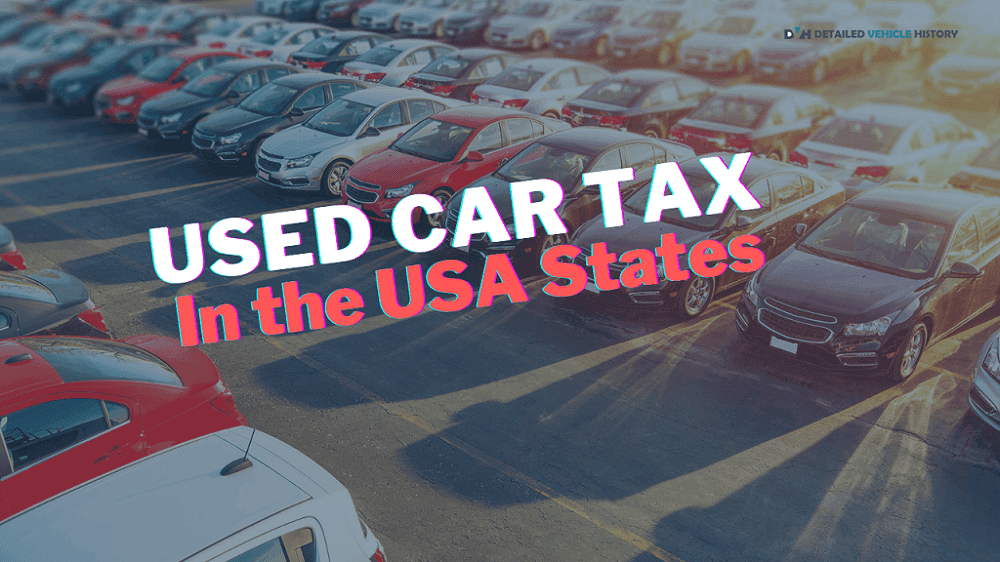Factors Affecting the Price of Used Cars
There are some factors that determine the price of vehicles and these factors range from the age of the car to the features. Here are some of the factors affecting the price of used cars:
Age
As a car gets older, it may have more wear and tear, which can decrease its value. Most often, cars that have been in use for two or more years seem to have a decrease in efficiency and lose their value by up to 60%.
Mileage
A car with high mileage may be worth less than a car with low mileage, as it may have more wear and tear. When it comes to the mileage factor, some people would rather have an older car with less mileage than an earlier model with significant mileage.
Condition
The overall condition of the car will affect its price. A car that is in good condition will typically be worth more than a car that is in poor condition.
Make and model
Some makes and models of cars are more popular or in higher demand than others, which can affect their price.
Location
The location where the car is being sold can affect its price. Cars in certain areas may be more in demand, which can drive up the price.
Supply and demand
If there is a high demand for a particular make and model of car, the price may be higher. On the other hand, if there is an excess of a certain type of car on the market, the price may be lower.
Economic conditions
Economic conditions, such as the state of the economy and interest rates, can affect the price of a used car.
Features and options
A car with more features and options may be worth more than a similar car with fewer features.




